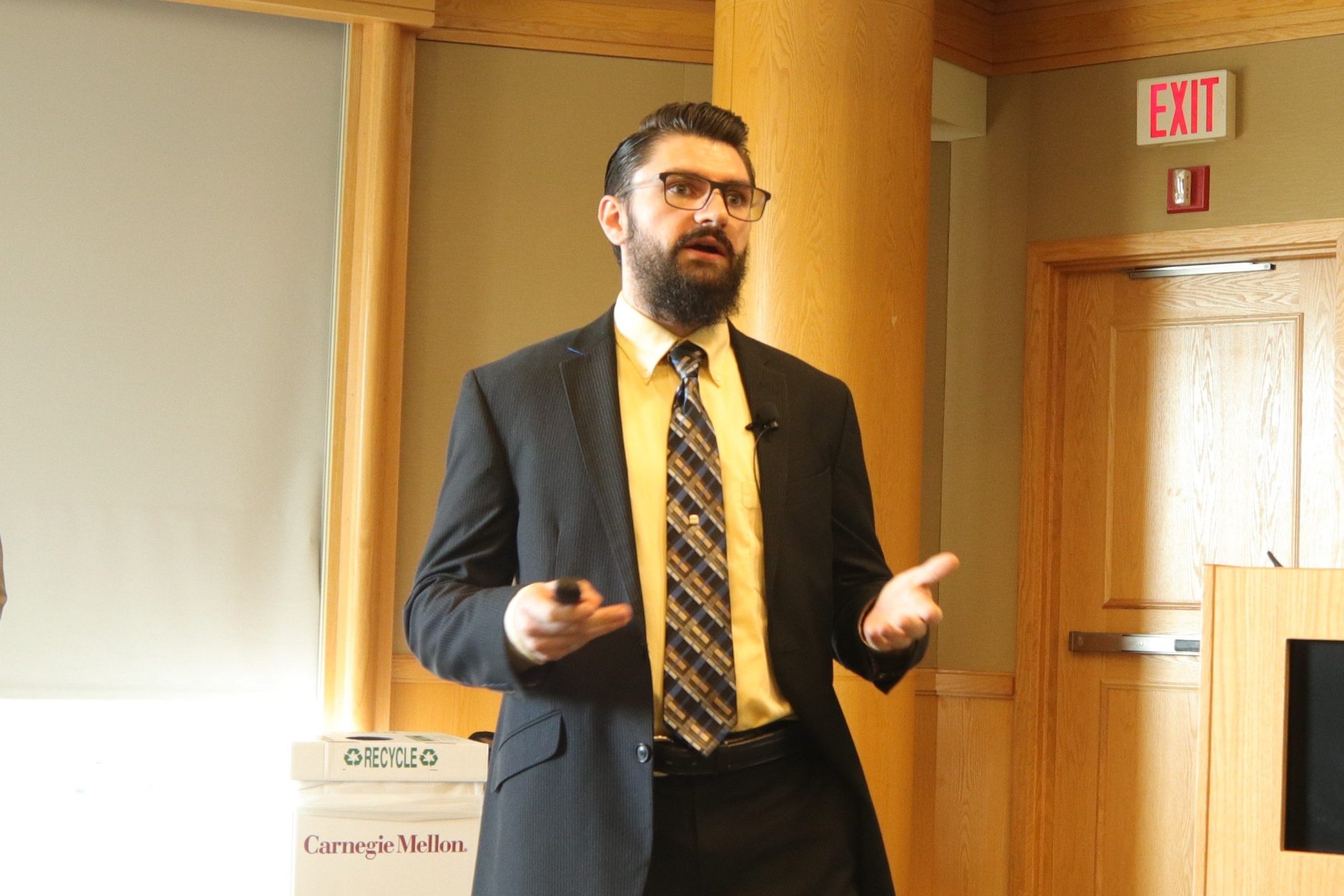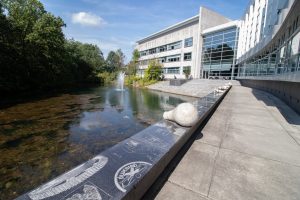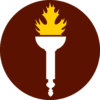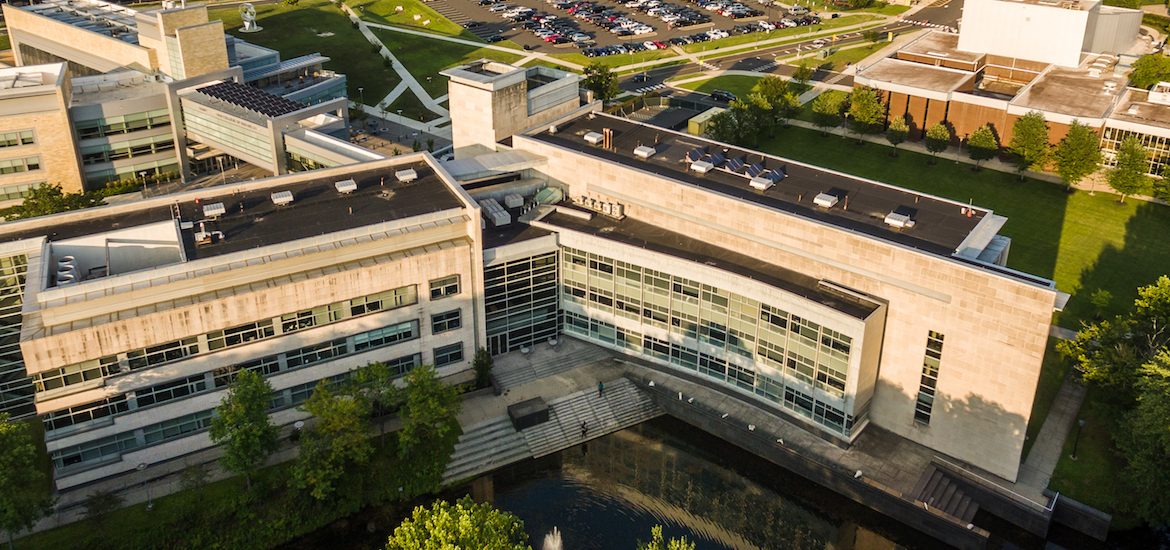Brad Johnson is a Chemical Engineering alumnus from the Class of 2016, from Langhorne, PA (Bucks County). Brad was part of the American Institute of Chemical Engineers, the Tau Beta Pi engineering honor society, University Orchestra, String Ensemble and Republican Club. He is currently a Ph.D. candidate for the Department of Chemical Engineering at Carnegie Mellon University.
What inspired you to choose Chemical Engineering?
“In high school I was interested in chemistry and, in particular, physics. I was drawn to engineering in general because of its hands-on nature and emphasis on applying scientific principles to improve the world.”
What would you share with a future student interested in Chemical Engineering?
“Chemical engineering unit operations and processes are pretty cool. There are so many inventive ways to transport, transform, separate and combine different materials.”
How does your field impact the world? What impact would you like to have on the world in your field?
“Chemical engineers have a hand in developing and producing almost anything you can imagine: energy, pharmaceuticals, biotechnology, food and advanced materials to name a few. We excel at process modeling, utilizing math, chemistry and physics to create products in a safe and economical fashion.
“My sub-field is process systems engineering. We develop and apply rigorous mathematical optimization and modeling methods to improve the design, operation and control of chemical engineering processes.”
Can you share a current research project you’re working on?
“I’m currently developing computationally efficient dynamic models for powder flow in pharmaceutical drug product continuous manufacturing. For example, one model leverages our knowledge of powder properties to predict how fast a powder can be fed through different screw feeders and under different process conditions. Predictive models can speed up a new drug’s time to market by reducing the need for experimental data to begin process development.”
What is your biggest academic/career accomplishment so far?
“Successfully proposing my thesis, ‘Theory and Application in Best Subset Selection and Constrained Regression,’ last September.”
Tell us about your transition into graduate school and how you pushed through any challenges.
 “The biggest difference between undergraduate coursework and graduate research is the switch from solving curated, self-contained problems with well-tested methods to having to pose your own problems and solutions with no guarantee they will work. This difference, in part, made it challenging to transition my strong undergraduate work ethic into my graduate work. To combat this, I’ve scheduled a period of time each day to focus on meeting small research goals. This helps me keep momentum even when unexpected challenges arise.”
“The biggest difference between undergraduate coursework and graduate research is the switch from solving curated, self-contained problems with well-tested methods to having to pose your own problems and solutions with no guarantee they will work. This difference, in part, made it challenging to transition my strong undergraduate work ethic into my graduate work. To combat this, I’ve scheduled a period of time each day to focus on meeting small research goals. This helps me keep momentum even when unexpected challenges arise.”
Do you have any plans after graduation?
“I don’t have firm plans for after graduation. In the future, I hope to continue developing technical software and algorithms. I’d also like to help teach the next generation of engineers.”
Like what you see?
Story by:
Alyssa Bauer, senior public relations major



